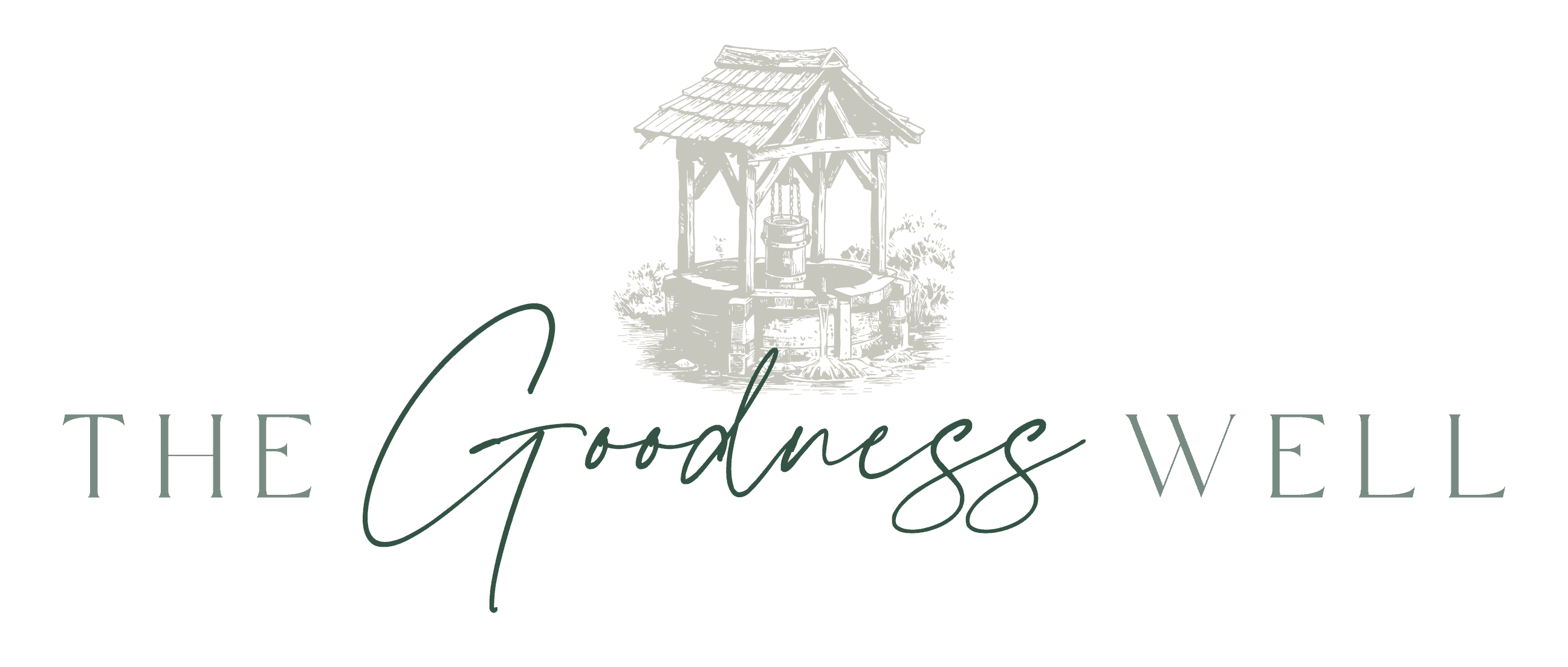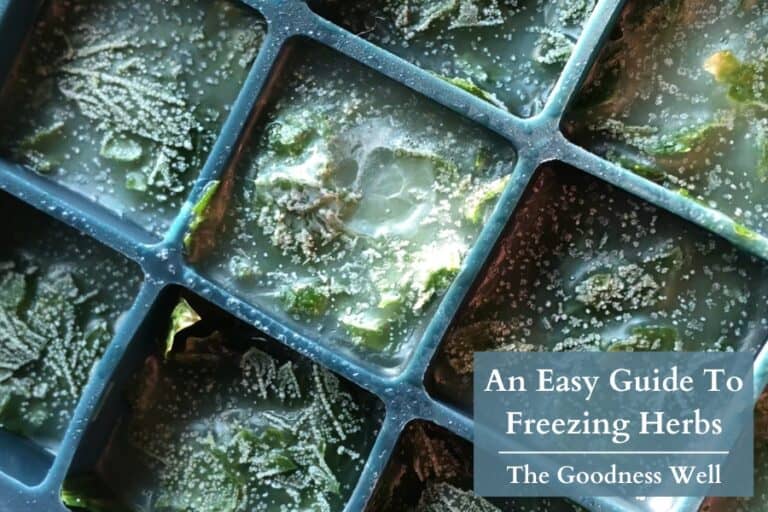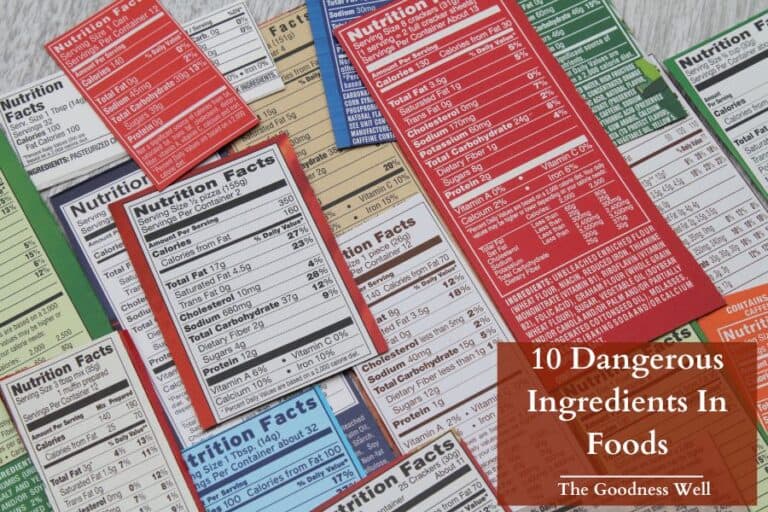Is Decaf Coffee Toxic? Here’s What New Evidence Suggests
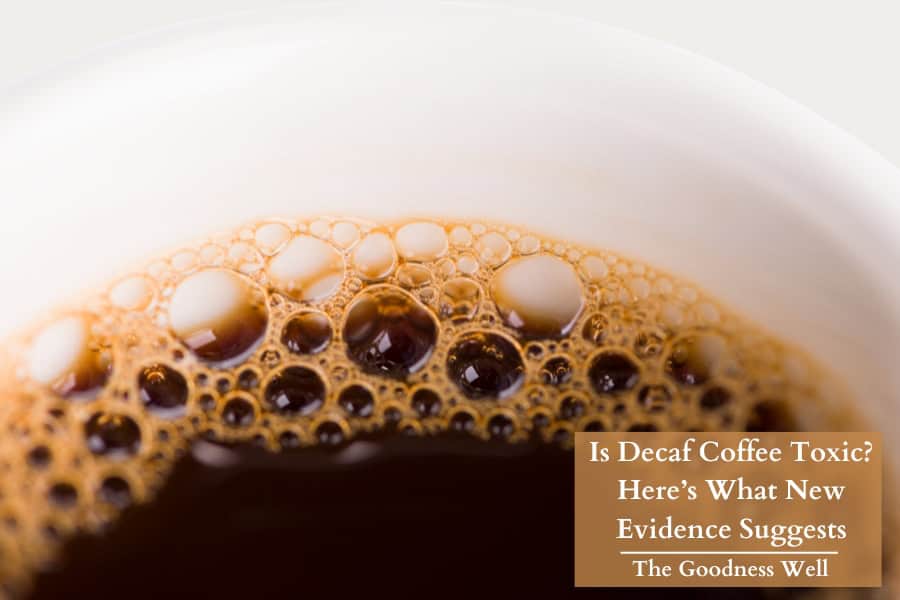
Decaf coffee has long been the go-to for those who love the taste of coffee but want to avoid caffeine.
For years, it’s been believed that decaf was a safe and healthy alternative to regular coffee but new research may be suggesting otherwise.
My husband and I were big fans of decaf coffee—I’m a coffee lover in general, and he wanted a warm beverage option besides herbal tea that didn’t contain caffeine.
…But after learning more about decaf coffee, we’ve begun to reconsider how it’s made and whether it’s really worth it.
Grab a cup, and let’s get into what we’ve learned.
TL;DR
Decaf coffee was once considered safe by the FDA, but health and environmental groups, including the EPA, urged the FDA to reconsider its stance due to concerns about methylene chloride, a chemical used in the decaffeination process. Methylene chloride, also known as dichloromethane, has been associated with increased risks of non-Hodgkin lymphoma, multiple myeloma, and liver toxicity. Following new evidence from the EPA and other petitions, the FDA revised its view on methylene chloride in January 2024. As a result, more consumers are choosing decaf coffee made using chemical-free decaffeination methods.
Many people believe decaf coffee is completely free of caffeine but in reality, depending on the brand, an 8-ounce cup of decaffeinated coffee can contain 2-15 milligrams of caffeine.
The FDA deemed decaf coffee safe, and for many years, the general public accepted this without much question.
However, the primary method used in decaffeination involves using methylene chloride, which the FDA approved with strict residue limits.
Methylene chloride also known as Dichloromethane is a volatile, colorless liquid with a mildly sweet aroma. It’s used in the decaffeination process as well as a key ingredient in paint strippers, industrial solvents, aerosols, and refrigerants.
Decaffeination Methods

Several methods are used to decaffeinate coffee, but the two most common are the European Method and the Swiss Water Process.
- The European Method (Direct Solvent Process: This involves the use of methylene chloride or ethyl acetate, a solvent that strips caffeine from coffee beans. It’s efficient and preserves much of the coffee’s flavor but it has raised concerns due to the potential toxicity of methylene chloride.
- The Swiss Water Process: This method is chemical-free, using water and osmosis to remove caffeine from the beans. It’s considered safer but is often more expensive and can slightly alter the taste of the coffee.
And don’t be fooled by their names, both the European Method and the Swiss Method are used all over the world by many different coffee manufacturers.
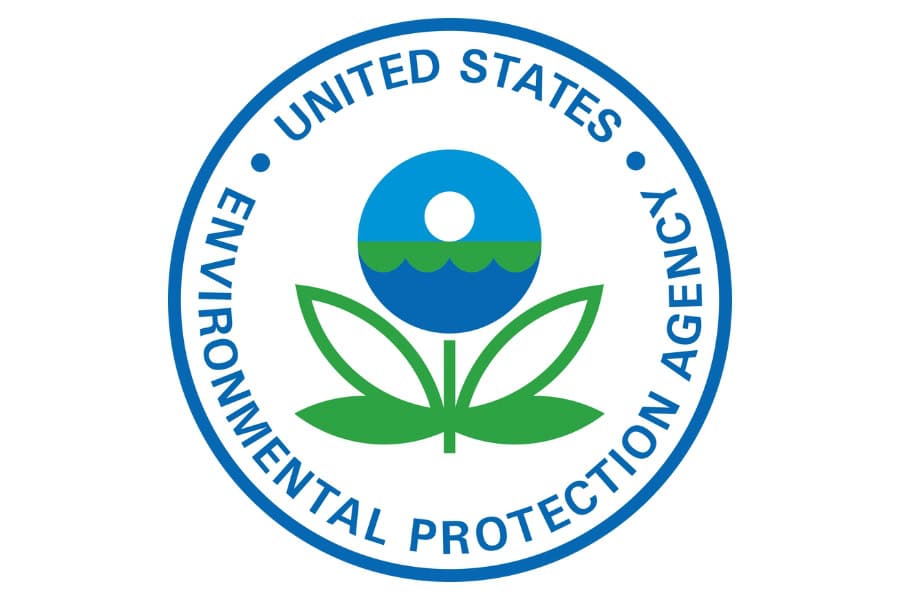
New Evidence
Recent research has started to challenge the long-held belief that decaf coffee is safe. Something to note is that any question about safety focuses on the chemical methods of decafination like the European Method.
In 2011, the U.S. EPA’s Integrated Risk Information System (IRIS) released an updated toxicological review of methylene chloride, revealing important health concerns.
Key Findings from the Research:
- Methylene chloride has been found to cause liver toxicity (hepatotoxicity) and neurological effects in animals.
- It’s classified as “likely to be carcinogenic to humans,” based on studies showing increased cancer risk in animals and links to brain, liver, and blood cancers in humans.
- The chemical has been associated with increased risks of non-Hodgkin lymphoma and multiple myeloma in humans.
After these findings, in April 2023 the EPA proposed banning the commercial use of methylene chloride.
In 2024, the Biden-Harris Administration finalized a ban on most uses of methylene chloride, significantly reducing its presence in consumer and industrial products. Although methylene chloride is still used in some decaffeination processes, many coffee brands have started to use more chemical-free methods.
FDA, EPA, and Global Perspectives
For decades, the FDA allowed the use of methylene chloride in the decaffeination process, with regulations ensuring that residue levels remained below 10 parts per million (0.001%) but recent developments have sparked concern:
- FDA’s Recent Actions: In January 2024, the FDA filed a Food Additive Petition, spurred by the Environmental Defense Fund and others, seeking to remove methylene chloride and other solvents from food products. This action reflects growing concern over the chemical’s safety, particularly its use in food processing.
- Global and State-Level Actions: The EPA banned the sale of methylene chloride as a paint stripper in 2019 and proposed further restrictions in 2023. Meanwhile, California, often a trendsetter in U.S. policy, has introduced legislation to ban its use in the decaffeination process.

Should You Be Concerned?
So, is decaf coffee toxic?
As you can tell the answer isn’t straightforward. While the risks associated with methylene chloride are real, they must be weighed against the very low levels of residue allowed in decaf coffee.
But just as the FDA finally followed the evidence presented by the EPA, I believe we should take it seriously as well.
That doesn’t necessarily mean you have to stop drinking decaf coffee. Instead, you can choose herbal teas or coffee options that use chemical-free methods like the Swiss Water Process.
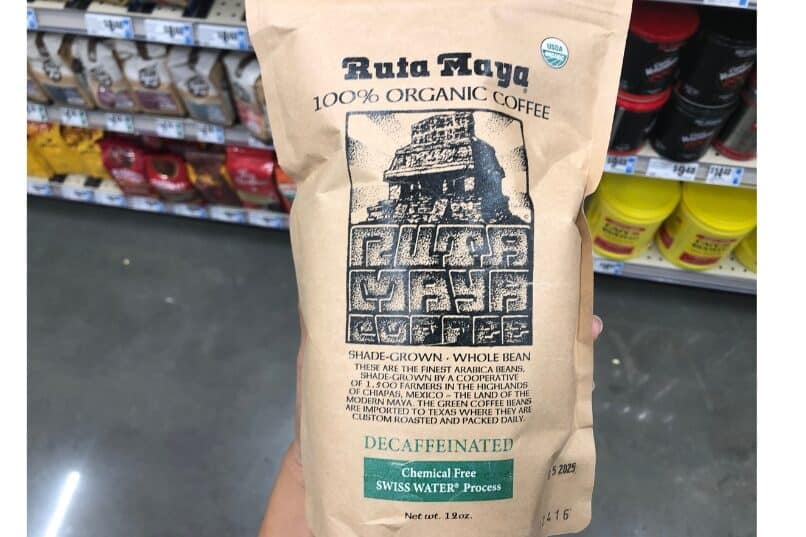
Here are some options that use chemical-free methods to decaffeinate their coffee.
- Peet’s Coffee
- Ruta Maya
- Stumptown Coffee
- Kicking Horse Coffee
- Cameron’s Coffee
- Lifeboost Coffee
- Volcanica Coffee
- Fresh Roasted Coffee LLC
- Equator Coffees
- Stone Street Coffee
- Decafino
When decaf coffee first became popular, the primary concern was to remove caffeine, not to focus on the methods used to achieve decaffeination. But now we’re being called to analyze the research, reconsider how our coffee is processed, and choose the safest option.
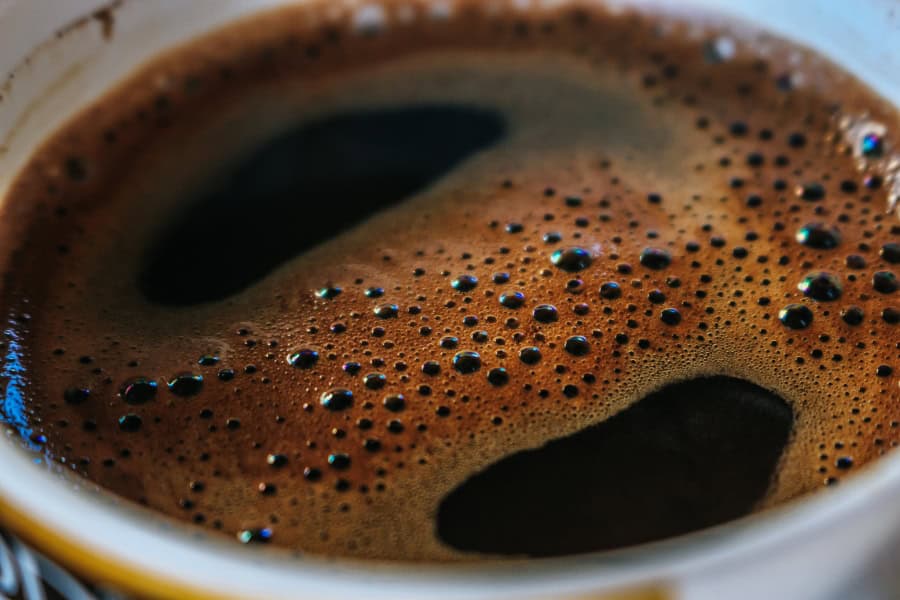
I hope this was helpful and helped to clear the air on decaf coffee. As always thank you so much for reading!
